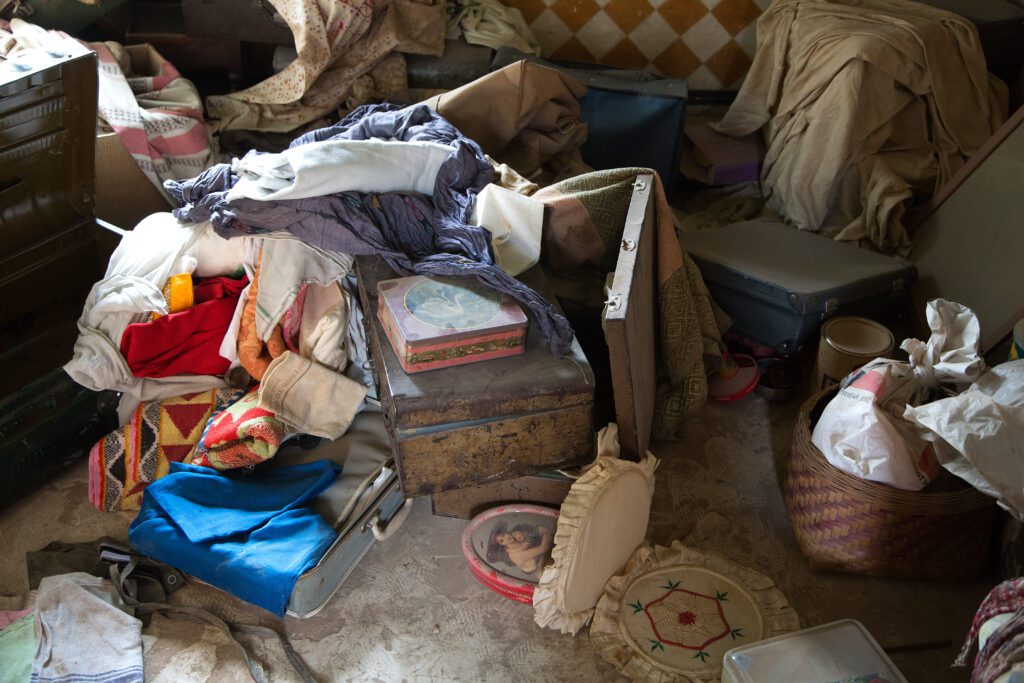









“The dry well outside the huge wooden weathered door had seen better days. The massive house, the largest in the village, built in the traditional style of a haveli, was now full of dust, and was beginning to crumble in places. It was also un-inhabited and said to be over 150 years old….Behind the 50 locks on the 50 odd rooms, which all led to smaller inner rooms, of this once thriving abode, were objects of memories- or what remained of them. The palatial house had already been stripped and burgled twice by gangs of thieves…Here in one corner, in the set of rooms, on the first story was where I spent two months of each year of my growing up years, along with my mother. It was during the hot summer months, when my school was closed in the city and where I lived. It was here that I formed my earliest childhood memories of land and landscapes, of camels and water, or curd and grain, of peacocks and snakes, of ghosts and myths. Here in my mother’s room. Now a shamble of its original self. Abandoned. Barren. Like the rest of the landscape. Millet farms had given way to mining, myths to machines. Stone dust was in the air…”
Ravi Agarwal, The Haveli of Memories
The ongoing project The Desert of the Anthropocene (2013-present) traverses and contrasts a personal memory of a desert homeland in a now abandoned ancestral home with new capitalistic exploitation of the “barren” landscape. Pointing towards the loss of the local leading to the breakdown of ecological constructs of identity, food systems, water, and land, the terrain is now increasingly thought of as infertile, leading to it being a ground for nuclear testing, new industrial mining and capital intensive irrigation canals. Meanwhile, the dried-up wells, ponds, loss of livelihoods, and the slow disappearance of a rich culture is leading to another kind of human evacuation. Yet, what is considered bare or barren is in fact deeply inhabited and fertile in multiple ways.
The long engagement is a part of an ongoing investigation into the current state of the nature, both as a crisis which traverses a political realm, but also a cultural contestation of how ‘nature’ is thought of in the era of the Anthropocene. Nature has been impersonalised into an abstract idea to be exploited, even as on the ground everyday inhabitations of lived ecologies weave in and out of the human life, and contest the idea of a homogeneous nature. In many ways the reductionist binary man–nature has taken over other cultural ways in which nature is or can be inhabited, and brings into question the current overarching approach towards sustainability.
Ravi Agarwal has an inter-disciplinary practice as an artist, photographer environmental campaigner, writer and curator. www.raviagarwal.com, www.toxicslink.org, www.sharedecologies.org


